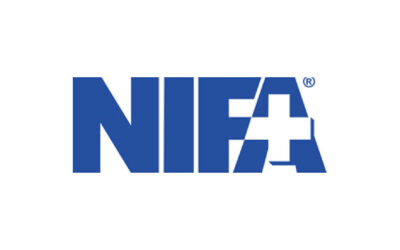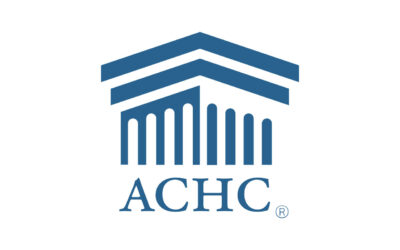By William Prentice, ASCA CEO
With the introduction of a Certified Ambulatory Infection Preventionist (CAIP) certification program in January 2018 (see www.aboutcaip.org for more information), the Board of Ambulatory Surgery Certification (BASC) has given ASCs another opportunity to make sure they are doing everything they can to keep their patients safe and provide gold-standard care. With this new credential, ASC infection preventionists (IP) can now demonstrate their commitment to best practices in infection prevention and control within the ASC setting and tap into a network of support for continuing education that will keep them current on new developments in this field.
While the Certification in Infection Prevention and Control (CIC) credential awarded by the Certification Board of Infection Control and Epidemiology Inc. (CBIC) speaks to the responsibilities of a hospital IP, CAIP specifically targets the ASC IP’s needs. Those who earn the credential distinguish themselves from other IPs by demonstrating a more comprehensive understanding of the ASC setting and the infection prevention and control issues ASCs manage daily.
The BASC Board of Directors began working on the CAIP program in 2015. It assembled a group of ASC IPs to perform a job analysis to determine the body of knowledge a CAIP credential holder would be expected to understand. This analysis served as the basis for the exam questions that CAIP candidates must answer correctly to earn the credential.
To be eligible to take the CAIP exam, an applicant must be a licensed health care professional responsible for an ASC’s infection prevention program; have at least two years of cumulative experience in infection prevention or hold the CIC credential; and have 10 contact hours in infection prevention education over the last two years. Credential holders will need to complete additional continuing education (CE) requirements to retain the credential over time.
The CAIP exam covers five ASC infection prevention and control content areas:
- program development, implementation and maintenance
- education and training
- surveillance, data collection and analysis
- strategies
- instrument/equipment cleaning, disinfection and sterilization
The first exam, an online test, is scheduled for October. Individuals interested in taking this exam must register in August.
CAIP is BASC’s second certification program for the ASC industry. It introduced the Certified Administrator Surgery Center (CASC) credential, its first certification program, in 2002. The CASC credential is a distinction earned by those in the ASC industry with a comprehensive understanding of the knowledge and skills that the role of an ASC administrator requires.
CASC candidates report many different reasons for pursuing and maintaining the CASC credential. ASC employers, however, say that to them the credential validates that the credential-holder has mastered the skills that an ASC administrator needs.
Like CAIP, the CASC exam tests knowledge in five categories. For CASC, those include delivery of patient care, quality management, human resources, financial, and regulatory and legal issues. CASC credential holders say that to pass the CASC exam, a candidate needs more than book knowledge. Many of the CASC questions are complex and situational, and those seeking CASC certification must have real-life experience to answer those correctly.
The CASC certificate is valid for three years. To maintain certification, credential holders need to participate in continuing education that helps them keep their skills and knowledge up to date. For more information go to https://aboutcasc.org/recertification/annual-requirements.
In recent years, health care professionals in every setting have expressed growing concern about the need for more comprehensive infection prevention and control standards and assurances of the skills and abilities of the health care professionals who provide patient care. Thanks to BASC, the ASC community is at the forefront in both of those areas. I congratulate BASC for its vision and leadership and encourage all ASC professionals to look inside your own facility and consider how these certification programs could help you improve.
To learn more about BASC, visit https://aboutcasc.org/about-casc/our-team.









